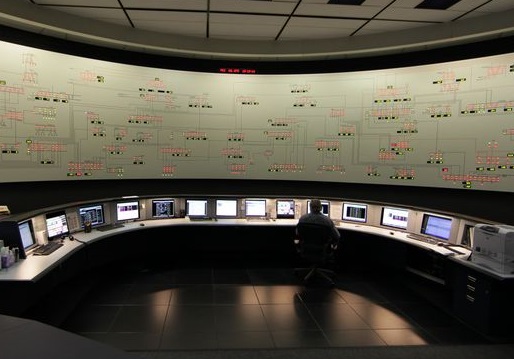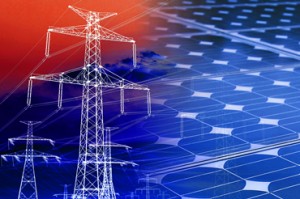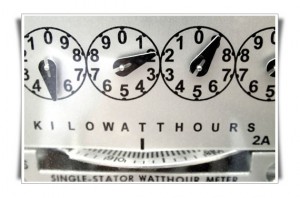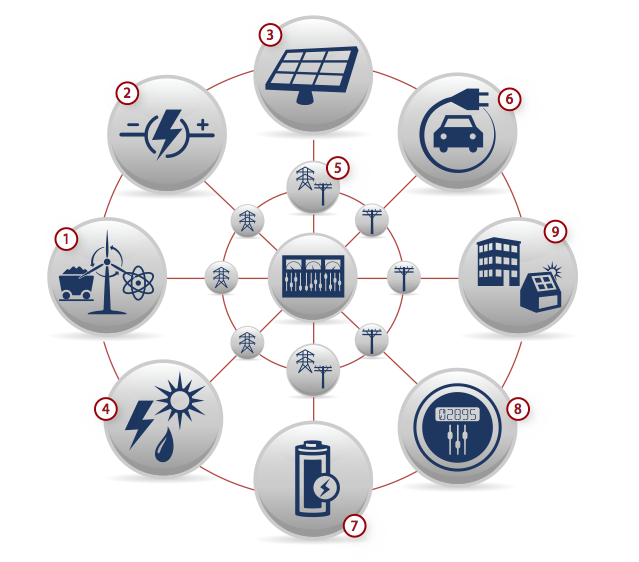8 item(s) were returned.
On July 20th, the World Economic Forum in collaboration with the New York Governor’s office, organized a workshop focused on New York’s Reforming the Energy Vision initiative. A number of leading energy professionals participated, including representatives from the utility sector, capital markets experts, as well as current and former state utility regulators. Participants worked together to craft practical policy recommendations designed to advance the various reforming the energy vision goals. Significant dialogue centered around the need for technology and business innovation, with concerns stemming from a lack of utility shareholder funded research and development (R&D). In 2015, Some utilities spent… [more]
View InsightSenior Regulatory Attorney
Environmental Defense Fund
Two seemingly unrelated announcements drew much attention in the electric utility industry recently. First, the Edison Electric Institute and the Natural Resources Defense Council jointly recommended changing how utilities should be regulated. Second, Duke Energy announced it will sell 13 Midwest merchant power plants. These announcements are actually related, and arise because the traditional utility business model is crumbling, due to several factors: Load growth has declined, due to a slowing economy and greater use of renewable energy and energy efficiency. Utilities are no longer able to obtain economies of scale by building ever-larger plants. New regulations have resulted in… [more]
View InsightPrincipal
Brinch Consulting
Changes in the electric power industry are well underway in many states across the U.S. As a result of numerous drivers – including the need to address climate change, natural gas prices, retiring coal plants, the pace of grid modernization – many electric utilities are changing the way they interact with their customers and considering how to adapt their business and planning models. Third party vendors are marketing new energy services (view site to know more about the marketing firm that is helping them) and regulators, legislators, and consumer advocates are evaluating the existing policy landscape to consider ways to… [more]
View InsightChief Strategy Officer and SVP for Policy
American Council On Renewable Energy (ACORE)
With the recent growth of the distributed generation energy market and incentives for customers to produce their own energy and sell excess energy back to the grid, known as Net Energy Metering (NEM) in place in over 40 states, the traditional utility model has come into question. Facing competition from those who generate a portion of their own power and an associated loss in revenues, there is growing speculation that the traditional utility will struggle to survive if it doesn’t adapt to new market conditions. The Edison Electric Institute deemed rooftop solar “disruptive” – a threat to the traditional utility… [more]
View InsightA battle is heating up in California regarding the State’s net metering policy as the California Public Utilities Commission is reviewing the policy’s costs and benefits. Net metering is an incentive that allows consumers who produce their own electricity, from rooftop solar panels for example, to sell excess back to the grid (often) at full retail price. Opponents of net metering contend that the volumetric retail rate includes fixed costs that are essential to the long-term stability of our utility infrastructure. They claim that net metering customers get the benefit of using the grid, but pay less to do so… [more]
View InsightThe last few years have seen advancements in energy technology improvements – particularly in the realm of efficiency, distributed generation, and the smart grid. However, many feel that the deployment of new technologies has been slowed by the political and regulatory challenges surrounding energy policy, along with the large number of stakeholders involved. A new report from the Center for American Progress, “The Networked Energy Web,” aims to reorient the energy policy discourse, away from a partisan federal policy battle, and towards pursuing a bipartisan solution for the “massive technology-deployment challenge for the economy writ large.” The authors describe the… [more]
View InsightMember
U.S. House of Representatives
Along with Rep. Yvette Clarke (D-NY), Rep. Trent Franks (R-AZ) and Rep. Hank Johnson (D-GA), I recently introduced H.Res.762, with which we mean to express “the sense of the House of Representatives regarding community-based civil defense and power generation.” The Resolution is intended to “encourage community based civil defense preparations, including distributed generation of 20% of local electricity needs.” The U.S. electric grid is one of our nation’s most critical infrastructures—none of the other 17 critical infrastructures will function properly without it. America’s grid is vulnerable to widespread blackouts of extended duration from any and all of the following threats:… [more]
View InsightHeat waves and violent storms recently knocked out power to millions of Americans from the Midwest to the Mid-Atlantic, and for many the power was slow to come back on. These weather-related power outages highlight one of the U.S. power grid’s key areas of vulnerability – others include susceptibility to conventional or cyber attack, and man-made or solar electromagnetic pulses – and the heat-related deaths and lack of economic productivity due to the outages show just how dependent on the grid we are. Many suggest that “smart grid” technologies would enable electric operators to diagnose failures and reroute power more efficiently,… [more]
View Insight





